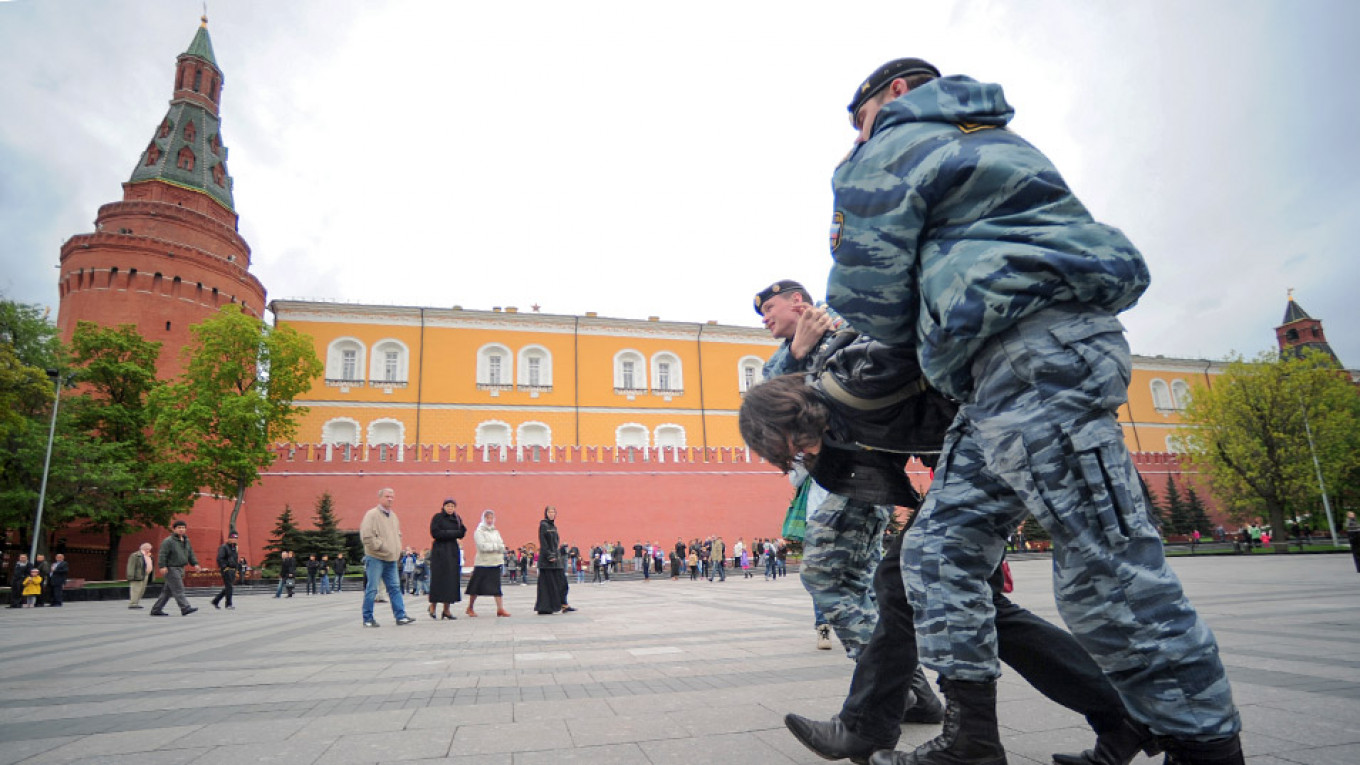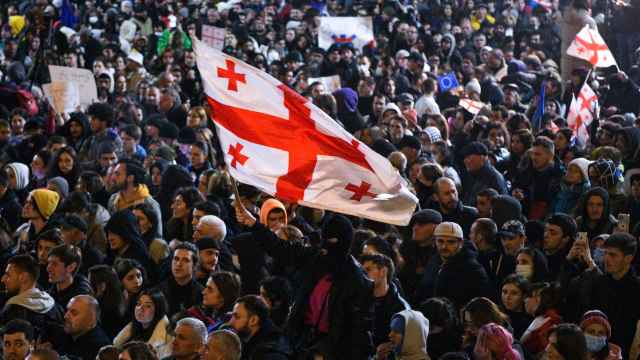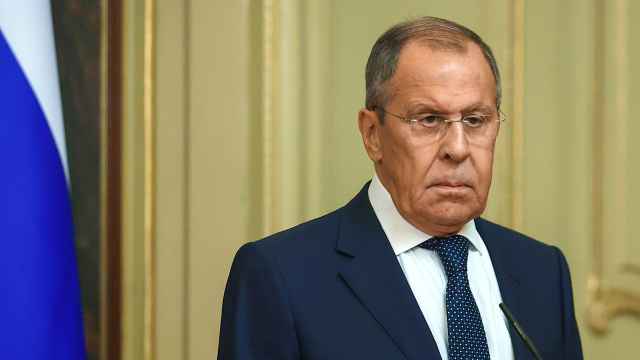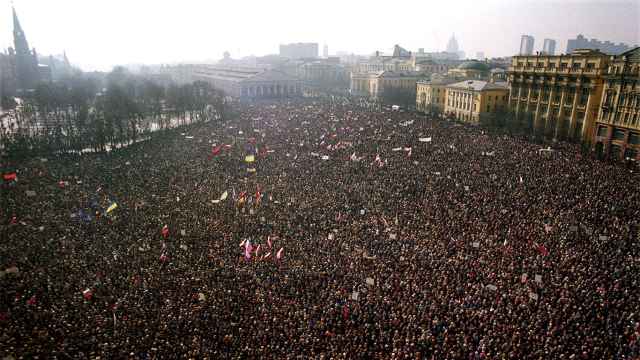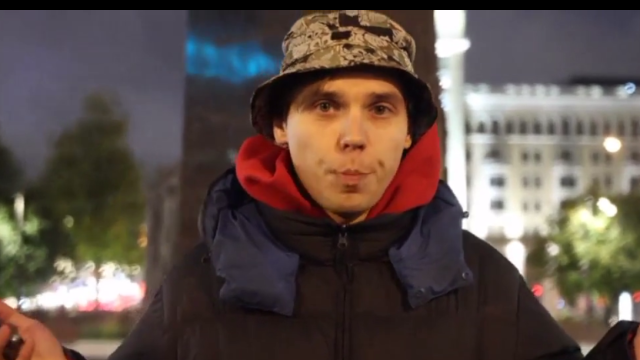Once again, August has proved to be a complicated month for modern Russia. The large-scale political crisis that erupted following the unceremonious exclusion of a number of opposition candidates for the Moscow city council elections has moved well beyond the arena of local elections, placing into serious doubt the Kremlin's fundamental capacity to rule effectively.
Citizens offended by the lawlessness have been protesting in Moscow for weeks already. The authorities have nothing to offer in response apart from the batons of the National Guard, fines and criminal cases for the participants and serial administrative detentions for the candidates themselves, with the apparent aim of “decapitating” the protests.
However, the protests are characterized by horizontal methods of self-organization and seem quite comfortable without any heads or leaders.
The real shock lies not so much in the fact that the Russian authorities are inclined to prefer violence, without bothering to search for more refined solutions, but the fact that it appears they have no other options left.
Let’s imagine that the Kremlin unexpectedly decides to behave constructively and engage in negotiation — what is there to negotiate? There is not a single independent institution left that could take on the role of an intermediary, nor a single political platform where it would be possible to at least align interests.
The State Duma is no place for discussion and in any case there is no real opposition there; the Council for Civil Society and Human Rights has no powers and courts have been completely crushed by the executive branch and cannot be taken seriously.
Can the Kremlin co-opt the moderate-leaning politicians? The problem here is that these very elections have already shown that any contact with the authorities instantaneously wrecks the reputation of a candidate who in the past would have been completely acceptable, turning them into an enemy in the eyes of the very same potential electorate that they are seeking to seduce.
What kind of co-opting of the moderates can be discussed when the authorities’ own candidates are running as independents in elections across the country so as not to soil themselves with the toxic label of the ruling party?
What about throwing money at the problem, an option that has worked on more than one occasion in the past?
Unfortunately, this money more often than not gets “redistributed” without any scrutiny from above.
Propaganda? The alternative pro-Putin rallies that have been held this summer didn’t even attract the attention of those in favor of the regime.
And by the way, where are they, these supporters of the regime?
During the last few weeks, we have heard no objections from Kremlin loyalists to the demands of the protesters, apart from expressions of understandable fear in the face of destabilization.
This anxiety is understandable: When the authorities have no other answer to a problem but batons, stability is indeed under threat. But an alternative agenda has not appeared on the table.
Yes, the authorities still have legions of loyal followers and even more people who are ready to tolerate the status quo just so things don’t get any worse, but it seems that the regime no longer has any active and ideological supporters.
In this situation the discontented, although they remain a minority, are gradually turning into the only active force in a country that is mired in stagnation.
The people now protesting in Moscow are educated citizens — pacifists and supporters of peaceful demonstrations who are able to remain calm even under the vindictive blows of batons.
What will the authorities do if tomorrow a new wave of discontent begins — what if, for example, some offended workers with different priorities decide to go on strike?
Beat them up and imprison them — what alternatives does the Kremlin have?
What if, as has happened before, a separatist movement appears in some region? What if some “black swan” flies in, an event that at present is unimaginable?
When a hammer is the only tool you have, any problem looks like a nail.
A Russian version of this article was first published in Vedomosti.
A Message from The Moscow Times:
Dear readers,
We are facing unprecedented challenges. Russia's Prosecutor General's Office has designated The Moscow Times as an "undesirable" organization, criminalizing our work and putting our staff at risk of prosecution. This follows our earlier unjust labeling as a "foreign agent."
These actions are direct attempts to silence independent journalism in Russia. The authorities claim our work "discredits the decisions of the Russian leadership." We see things differently: we strive to provide accurate, unbiased reporting on Russia.
We, the journalists of The Moscow Times, refuse to be silenced. But to continue our work, we need your help.
Your support, no matter how small, makes a world of difference. If you can, please support us monthly starting from just $2. It's quick to set up, and every contribution makes a significant impact.
By supporting The Moscow Times, you're defending open, independent journalism in the face of repression. Thank you for standing with us.
Remind me later.



